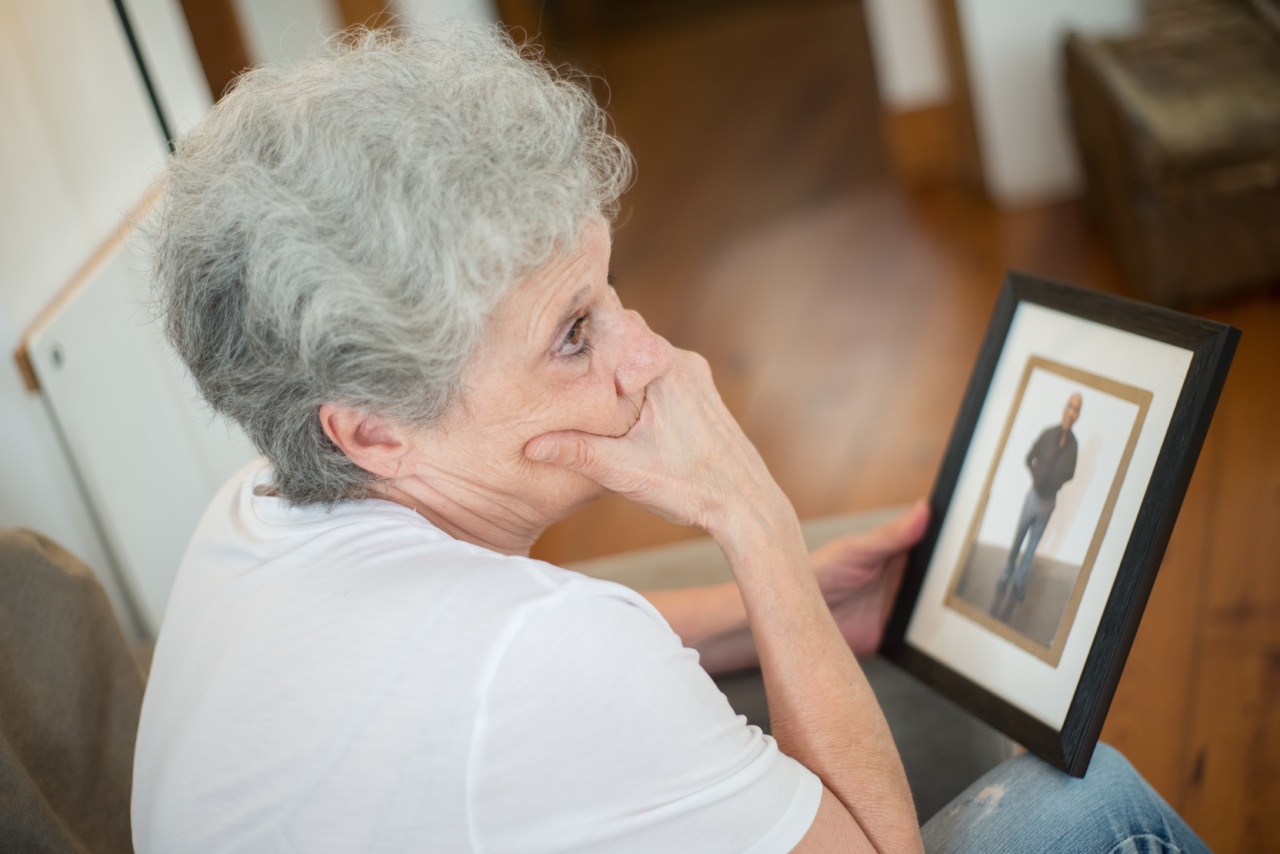Reaching middle age can be a wonderful time in life. You have the benefit of experience and knowledge, and hopefully, you have achieved some of your goals. It’s also the time when aches and pains start to become a routine part of life.
As we age, our bodies change, and it becomes more difficult to do the things we once took for granted. Coping with pain is an inevitable part of life, but there are ways you can manage it.
Understanding Pain as We Age
Pain is a common symptom of aging. As we get older, we are more prone to aches and pains in our joints, muscles, and bones.
This can be due to a variety of factors, including years of wear and tear on our bodies, decreased muscle mass, and changes in our hormones and nervous system. Certain medical conditions, such as arthritis, osteoporosis, and fibromyalgia, can also contribute to chronic pain.
Acute pain, such as a sprained ankle or a broken bone, is a normal response to injury or trauma. This type of pain usually subsides once the underlying issue is treated. Chronic pain, on the other hand, is persistent and lasts longer than three months.
This type of pain can have a significant impact on daily life, making it difficult to work, sleep, and engage in social activities.
Managing Pain through Healthy Habits
Good health habits can play an important role in managing pain as we age. Here are some simple strategies that can help:.
Exercise regularly
Getting regular exercise can help keep your muscles and joints strong and flexible, which can reduce the risk of chronic pain. Low-impact activities such as walking, swimming, and yoga are good options for older adults.
Eat a nutritious diet
A healthy diet can help reduce inflammation in the body, which is a common cause of pain. Focus on eating whole foods such as fruits, vegetables, lean proteins, and whole grains.
Get enough sleep
Adequate sleep is essential for good health and can help reduce pain levels. Aim for at least seven to eight hours of sleep each night, and establish a consistent sleep routine.
Reduce Stress
Chronic stress can exacerbate pain and make it more difficult to cope. Practice relaxation techniques such as deep breathing, meditation, or yoga.
Medical Treatments for Pain
While healthy habits can go a long way in managing pain as we age, medical treatments may be necessary for chronic or severe pain. Talk to your doctor about the following options:.
Medications
Over-the-counter pain relievers such as acetaminophen and ibuprofen can help manage mild to moderate pain. Prescription medications may be necessary for more severe pain.
Physical Therapy
A physical therapist can work with you to develop an exercise program tailored to your needs. They can also provide hands-on treatment such as massage or stretching to ease pain and improve mobility.
Injections
Corticosteroid injections can help reduce inflammation and relieve pain. These are typically used for joint pain caused by conditions such as arthritis.
Surgery
In some cases, surgery may be necessary to treat chronic pain. This is typically reserved for severe cases that have not responded to other treatments.
Conclusion
Pain is a natural part of aging, but it doesn’t have to keep you from enjoying a fulfilling life. Incorporating healthy habits such as exercise, a nutritious diet, and stress reduction techniques can help manage pain.
Medical treatments may also be necessary for chronic or severe pain. Talk to your doctor about the best options for you.































